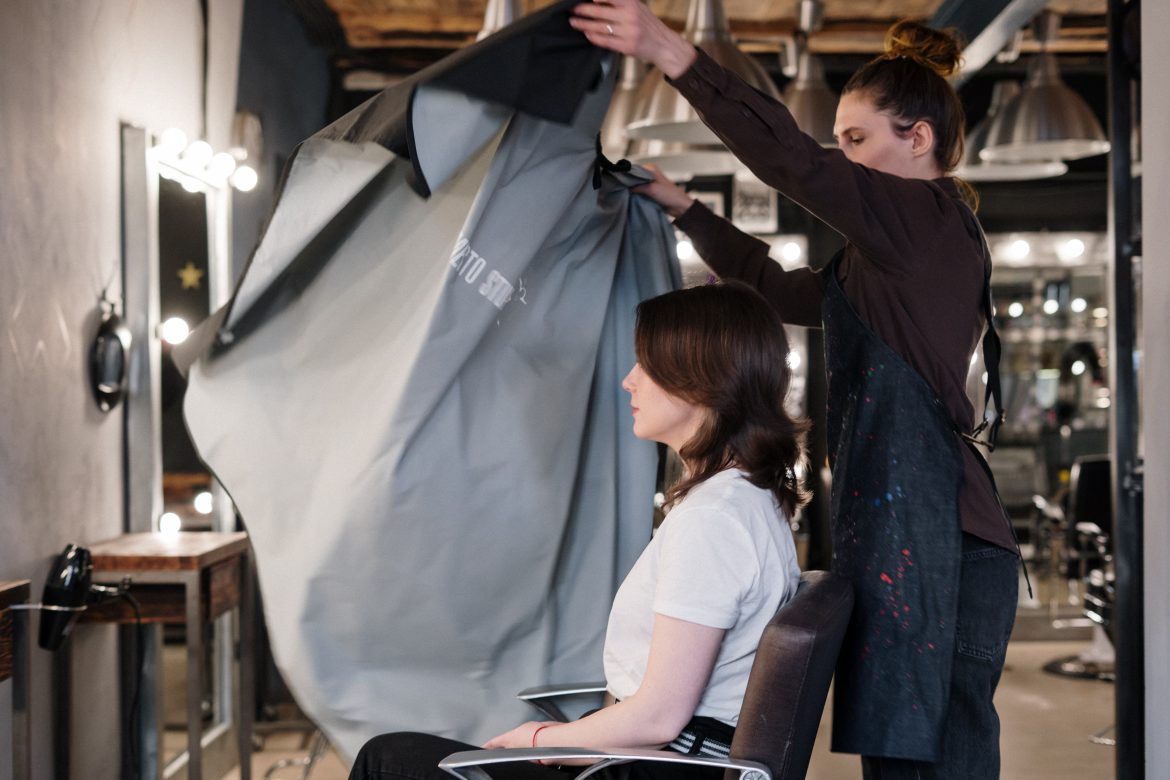There have been major technology leaps in the beauty industry. No longer just ‘hope in a jar’, we now have formulas that give us real results. While those in skincare are more well-known, haircare treatments are not exempt nor far behind. No longer just ‘hope in a jar’, the world of treatments is advancing before our very eyes! Now more than ever it is possible to live your best hair life.
Dry scalp
It’s easy to forget that the scalp is just an extension of your face with hair on it and, like your face, it is happier when well hydrated and moisturised. Meristem cells are stem cells from plants that are non-specialised cells capable of self-renewal. Plant stem cells have been used in skincare and cosmetics for some time. Now, the hair industry is waking up to the benefits of utilising these cells too.
When it comes to hair, we’ve found that stem cells have the ability to replenish the epidermis, produce hair and hair pigment. This means healthier hair, more of it and delaying greys! The addition of active meristem cells in haircare treatments keeps hair follicles healthier, helping extend the lifespan so that the hair can stay in the anlagen (growth) phase for longer.
Clever colour
‘I think one of the biggest advances in colour technology is the removal of ammonia from professional products,’ says Mary Gouveia, master hairstylist and industry veteran. Ammonia sounds a tad scary and for good reason: This chemical damages the hair cuticle in order to get colour to stick. As a result, you get your desired colour, but at the price of damaged and brittle hair.
While many box dyes available commercially still contain ammonias, there are professional haircare treatments that help keep hair health in tact.
‘Babylights are an ultra-thin weave of a few different shades to create a natural look,’ says Mary, ‘while balayage is lightening the ends of the hair by using a free-hand painting technique (think sun kissed highlights a la Gisele Bunchen).’ Babylights and balayage are better for the hair than traditional highlights, which is bleach based, and both modern methods require less maintenance giving the hair a much-needed break in between touch ups.
Thinning hair
‘Thinning hair can be hereditary or hormonal, and lifestyle changes make it worse. Today women are juggling a lot, from high-powered jobs t being single mothers, and these stresses impact our health. A side effect of impacted health can be hair loss,’ says Mary. ‘My first thing to do would be to establish the root cause, so I would advise my clients to seek medical care for diagnosis, by seeing a dermatologist,’ says Mary.
Once this is established, there are a few options. ‘I would advise a good supplement that helps to support the hair follicle. There are also topical treatments,’ adds Mary.
Looking for evolutionary treatments for hair loss? We’ve dug into the best technological advances for that here:
Cover image by cottonbro on Pexels.

